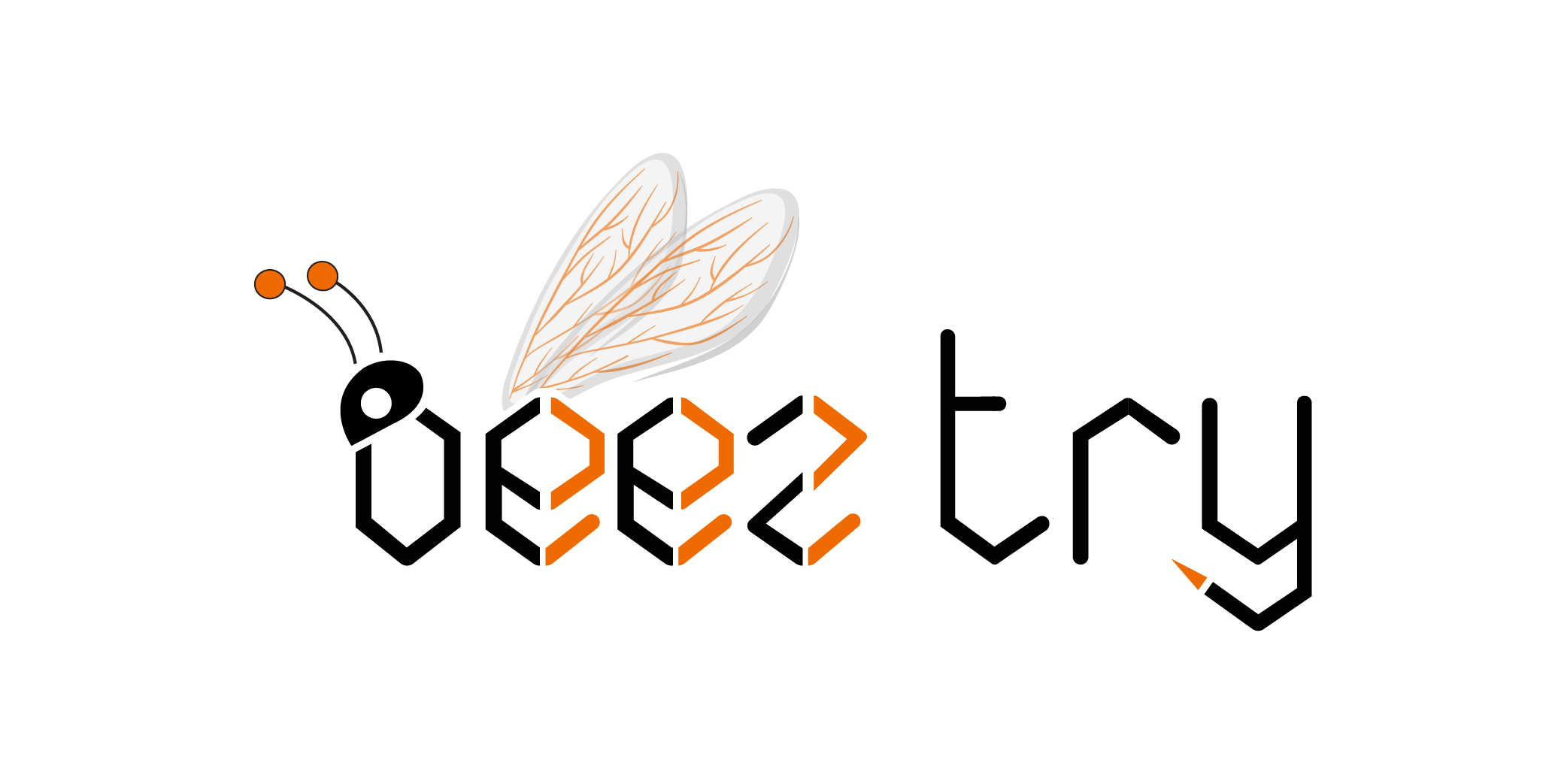Understanding Time Management
Time management is a crucial skill that plays a significant role in both personal and professional success. It involves the conscious control and planning of time spent on various activities, with the aim of enhancing efficiency and productivity. Effective time management allows individuals to accomplish more in less time, leading to increased productivity, reduced stress, and a better work-life balance.
Despite its importance, many people struggle with managing their time effectively. Common challenges include procrastination, distractions, and overcommitment. Procrastination, the act of delaying or postponing tasks, often leads to last-minute rushes and subpar performance. Distractions, whether they come from digital devices, social interactions, or environmental factors, can significantly reduce focus and efficiency. Overcommitment, or taking on more tasks than one can handle, often results in burnout and decreased productivity.
The benefits of good time management are profound. By managing time effectively, individuals can increase their productivity, allowing them to achieve more within a shorter period. This efficiency reduces the stress associated with looming deadlines and unfinished tasks. Moreover, good time management enables a better balance between work and personal life, ensuring that neither area is neglected.
Key components of effective time management include setting clear goals, prioritizing tasks, and creating a structured schedule. Setting goals provides direction and motivation, making it easier to stay focused and on track. Prioritizing tasks ensures that the most important and urgent tasks are addressed first, preventing the buildup of critical work. A structured schedule helps in allocating specific time slots for different activities, reducing the likelihood of distractions and time wastage.
In the following section, we will delve into specific strategies to enhance time management skills. These strategies will provide practical tips and techniques to help you manage your time more effectively and achieve your goals with greater ease.
10 Effective Time Management Strategies
Effective time management is critical for achieving personal and professional goals. By implementing the following ten strategies, individuals can enhance productivity and reduce stress.
1. Setting SMART Goals
Setting SMART goals is a foundational time management strategy. SMART stands for Specific, Measurable, Achievable, Relevant, and Time-bound. This framework helps in defining clear and attainable objectives. For instance, instead of setting a vague goal like “improve marketing skills,” a SMART goal would be “complete an online marketing course and gain certification within three months.” This clarity ensures that goals are both actionable and trackable.
2. Prioritizing Tasks
The Eisenhower Matrix is an effective tool for prioritizing tasks based on urgency and importance. The matrix categorizes tasks into four quadrants: urgent and important, important but not urgent, urgent but not important, and neither urgent nor important. By focusing on tasks in the first two quadrants, individuals can ensure that they address critical responsibilities while minimizing distractions from less important activities.
3. Creating a Daily Schedule
Planning your day in advance can significantly improve productivity. Utilizing tools such as planners or digital calendars helps in organizing tasks and setting clear deadlines. For example, scheduling specific times for meetings, project work, and personal activities ensures a balanced and productive day.
4. Time Blocking
Time blocking involves dedicating specific time slots to different tasks, thereby avoiding multitasking. This technique helps in maintaining focus and improving efficiency. For instance, allocating time blocks for email management, project development, and breaks can lead to more structured and productive workdays.
5. Avoiding Procrastination
Overcoming procrastination is crucial for effective time management. Breaking tasks into smaller, manageable steps and using techniques like the Pomodoro Technique—working for 25 minutes, then taking a five-minute break—can help in maintaining momentum and reducing procrastination.
6. Delegating Tasks
Delegation is essential for managing workload effectively. Identifying tasks that can be delegated and assigning them to capable team members allows individuals to focus on high-priority tasks. For example, a manager might delegate routine administrative tasks to an assistant, freeing up time for strategic planning.
7. Limiting Distractions
Minimizing interruptions is vital for maintaining focus. Strategies include turning off notifications, creating a dedicated workspace, and setting boundaries with colleagues or family members. These measures help in reducing distractions and enhancing concentration.
8. Using Technology Wisely
Technology offers numerous tools to aid in time management. Task management software like Trello and time tracking apps like Toggl can help in organizing tasks and monitoring time spent on various activities. Leveraging these tools can streamline workflows and improve productivity.
9. Taking Breaks
Regular breaks are essential for maintaining focus and preventing burnout. Short breaks during work periods, as well as longer breaks for meals or exercise, can rejuvenate the mind and body. This practice leads to sustained productivity and overall well-being.
10. Reflecting and Adjusting
Regularly reflecting on time management practices and making necessary adjustments is crucial for continuous improvement. Reviewing what strategies worked well and identifying areas for improvement can help in refining time management techniques. For instance, if a particular scheduling method proves ineffective, experimenting with alternative approaches can lead to better results.
In conclusion, experimenting with these ten strategies can help individuals identify the most effective time management techniques for their unique needs. By incorporating these methods into daily routines, individuals can enhance productivity, reduce stress, and achieve their goals more efficiently.





